How to Bounce Back From Holiday Overeating
If you ate too many cookies or drank too much wine over the holidays, all your healthy eating efforts aren't lost. Feel better and get back on a healthy track with these tips.

By Madeline Holt, RD, Virtua Nutrition & Diabetes Care
Holidays are often filled with family, friends, fun, and food. Between the joy, festivities, and time spent with loved ones, it’s easy to go overboard on treats, drinks, and holiday meals. While you might have enjoyed the indulgence in the moment, it’s common to feel sluggish, both physically and emotionally, once the festivities come to an end.
You CAN recover from the effects of holiday overeating, but it starts by putting in a little work to get your routine back on track. Try these tips to start feeling better quickly.
The effects of unhealthy eating
If you indulged in a few days of eating uncontrolled portions of foods high in fat, sugar, and sodium, you’re probably feeling certain signs of discomfort, including:
Constipation:
Foods high in fat and carbohydrates and low in dietary fiber may lead to constipation (difficulty passing bowel movements). The biggest culprits are cheese, red meats, and processed foods like cookies and chips that are high in fat and have little to no fiber.
Bloating:
Cheese, soups, sauces, and processed foods like potato chips and salad dressings are notoriously high in salt, but even bread can be high in sodium. These salty foods can make you retain water, leading to a bloated feeling. Higher-fat foods may also take longer to digest and can further contribute to bloating.
Emotional effects:
If you’ve been eating a healthy, balanced diet and then overeat high-fat or high-sugar holiday foods, it’s normal to feel as though you’ve sabotaged your efforts. You may feel disappointed with yourself or even have trouble sleeping and focusing due to discomfort. These emotional effects are common and temporary.
How do you overcome the effects of overeating unhealthy foods?
While you may think you should skip a meal or two, that’s actually the worst thing you can do. Instead, simply return to regular healthy eating as soon as possible. Try to eat a balance of healthy foods, including:
- Whole grains
- Fruits and vegetables
- Legumes such as beans, peas, and lentils
- Low-fat, no sugar added yogurt or low-fat dairy
- Protein such as lean meat, poultry, fish, eggs, and soy-based products
- At least 6-8 glasses of water a day
You’ll find that having a healthy eating plan in place before the holiday can help you when you're at parties and faced with sugary, salty, and high-fat options.
Don’t arrive starving or think: “I’ll skip breakfast/lunch so I can eat more later.” This typically leads to over-eating later on. Eat your regular healthy meals, then go to the party and eat the portion that you would normally eat.
Be mindful of what you’re eating, choose the foods you most want, and eat them slowly—enjoying every bite.
Will extra workouts burn excess calories?
Some research shows that regular exercise during a period of overeating could protect people from negative metabolism changes. Both cardiovascular exercise and weight training are recommended, especially for weight loss and maintenance. Just be careful not to overdo a workout thinking it will help you burn the excess calories you consumed, and keep in mind that drastically increasing your exercise level might also increase your appetite.
Are you trying to eat healthier and need help?
A Virtua Health registered dietitian can help you develop a healthy, well-balanced eating plan, or work with you on sports nutrition, weight loss, diabetes, GI conditions, or heart disease management. Find a Virtua Nutrition location near you and schedule an appointment online today.
There's So Much More to Explore
Discover expert insights, inspiring stories, health tips, and more by exploring the content below!

How Exercise Helps Fight the Winter Blues and Improve Your Mood

8 Stretching and Balancing Exercises for Older Adults

Healthy Snack Recipes for Kids: Fast, Fun, and Full of Flavor
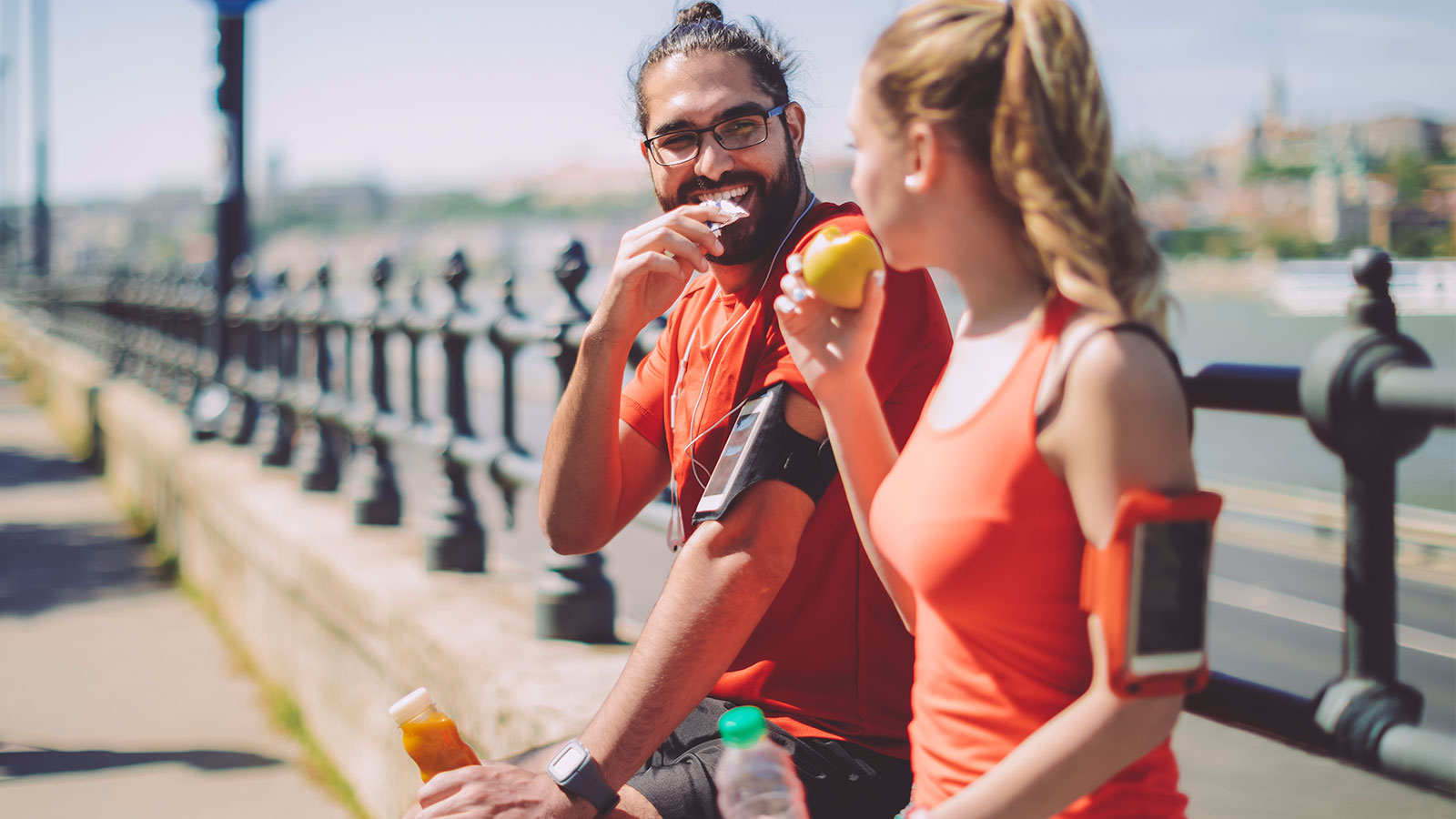
What To Eat Before And After Your Workout

HeartTalk Magazine

Healthy Takeout Made Easy: What to Order for Better Nutrition

How Weight-Loss Surgery Can Improve Diabetes, Heart Health, and More

How to Achieve Your Health Goals This Year

Why Weight Loss Plateaus Happen (And What to Do Next)

Are You Eating Too Much Salt? High-Sodium Foods to Watch For

How to Exercise Safely with Asthma: Tips, Triggers, and Rescue Inhaler Use

4 Exercise Tips to Help You Reverse High Blood Pressure

How to Bounce Back From Holiday Overeating

Why on Earth Am I Always So Cold?

The Best and Worst Foods for Acid Reflux

Foods to Enjoy and Avoid for GLP-1 Heartburn

How to Get and Stay Healthy This Fall

How to Reverse Prediabetes and Prevent Type 2 Diabetes

4 Sweet Halloween Tricks for Grown Ups Who have Diabetes
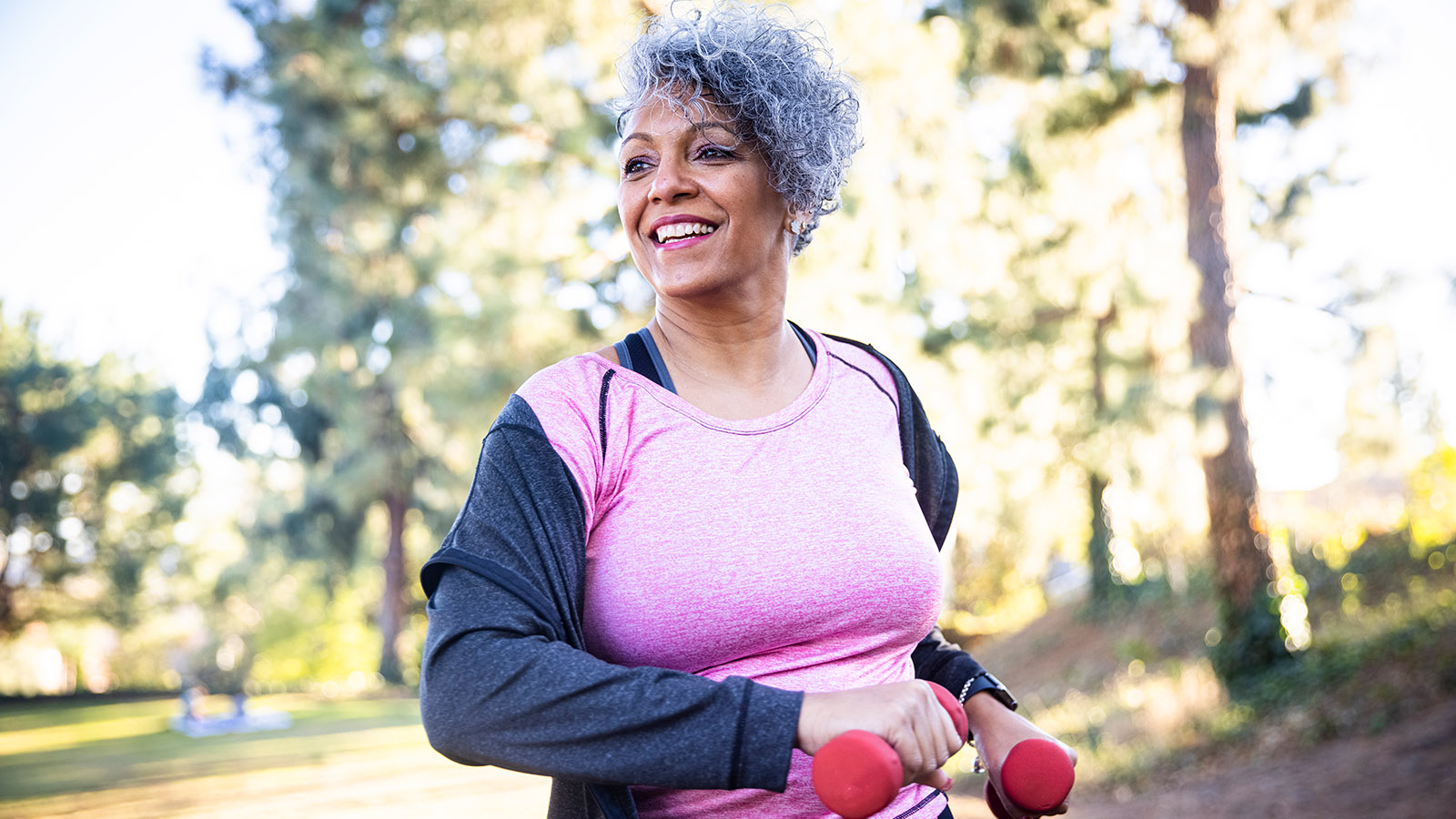
6 Ways to Get More Out of Your Daily Walk
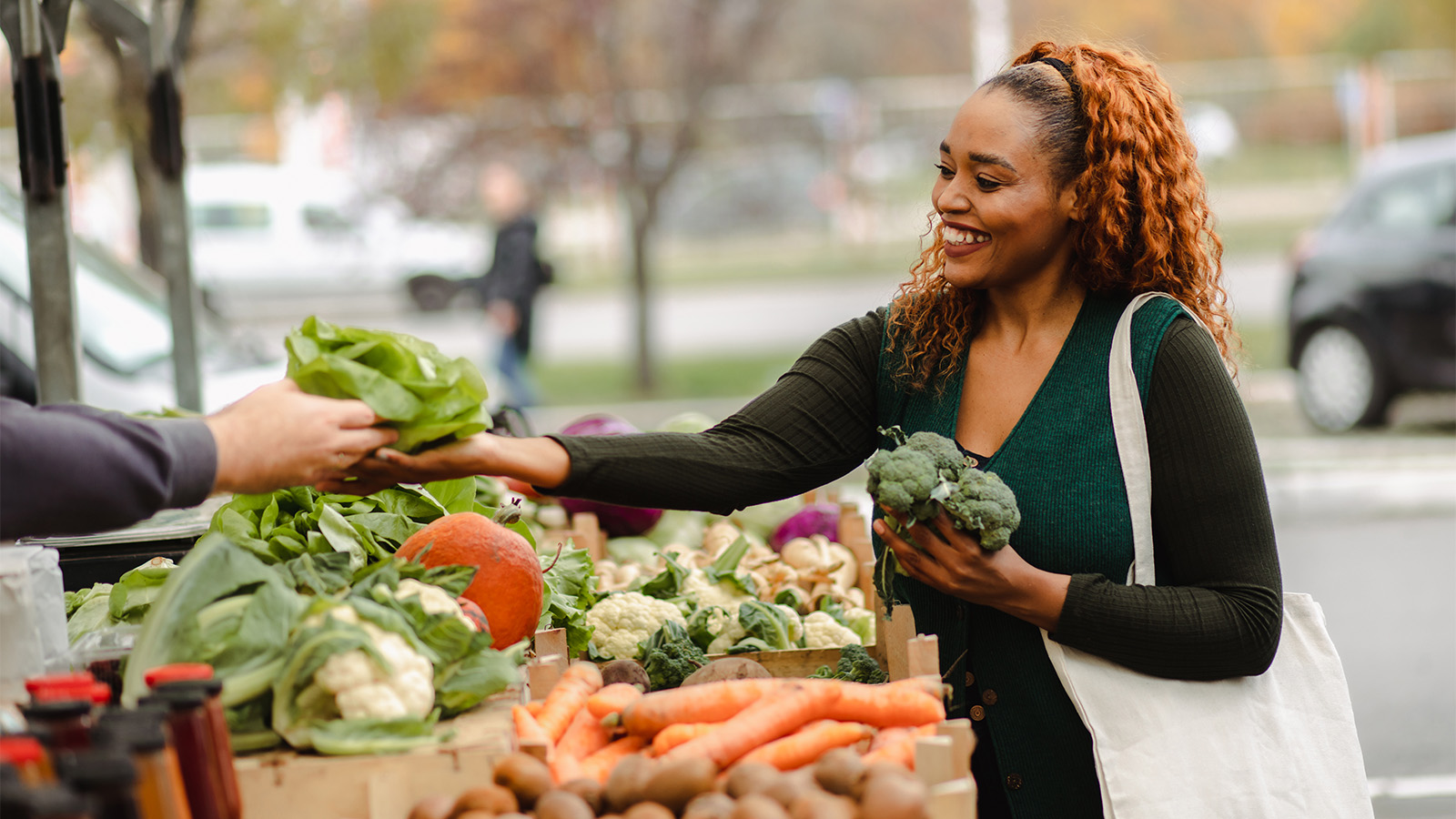
Fall Vegetables: The Health Benefits and Recipes to Try This Season
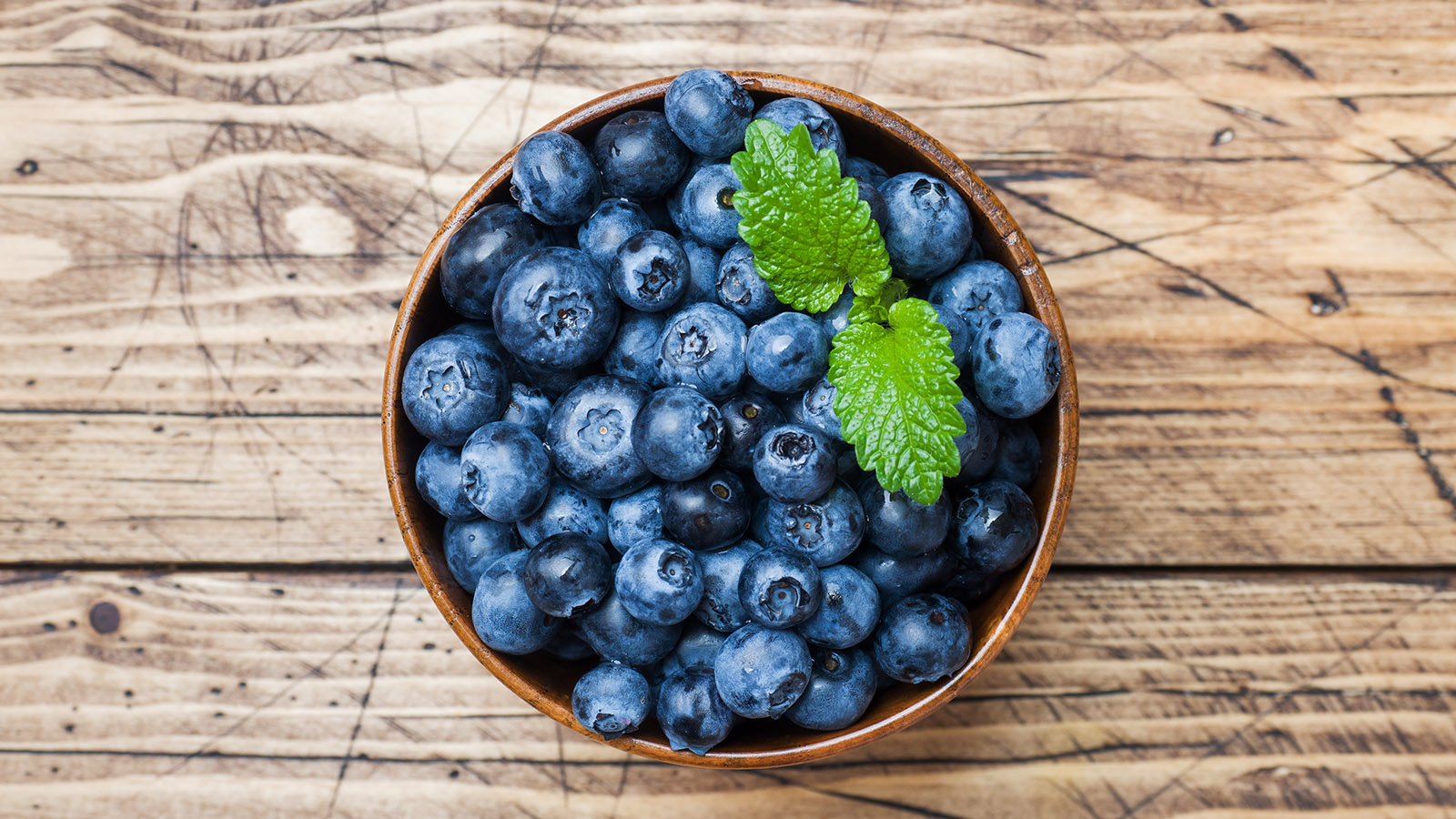
The Top 10 Foods That Boost Your Brain Health

Is It Safe to Exercise During Pregnancy?
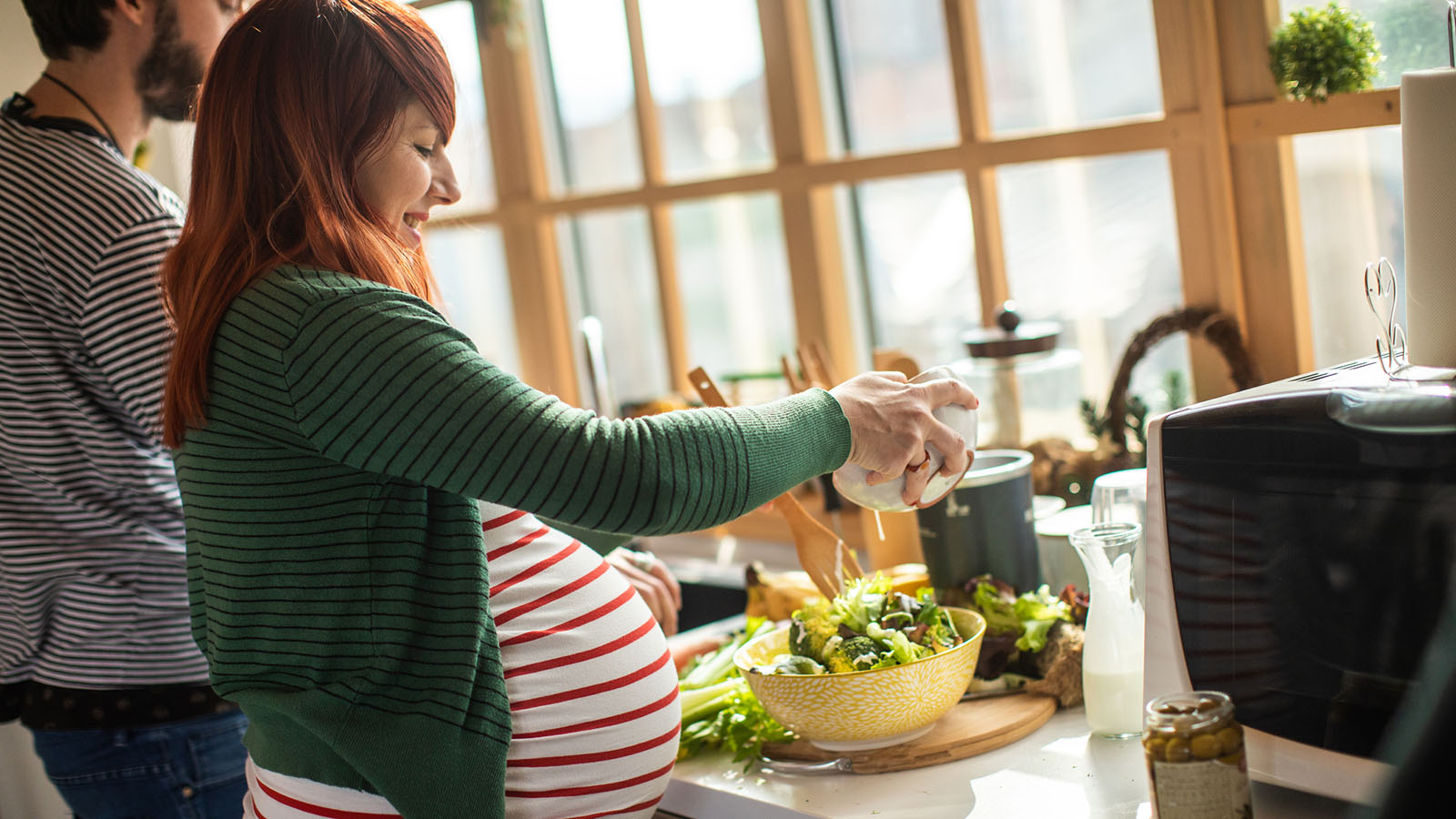
Healthy Weight Gain During Pregnancy: A Guide for Moms-to-Be
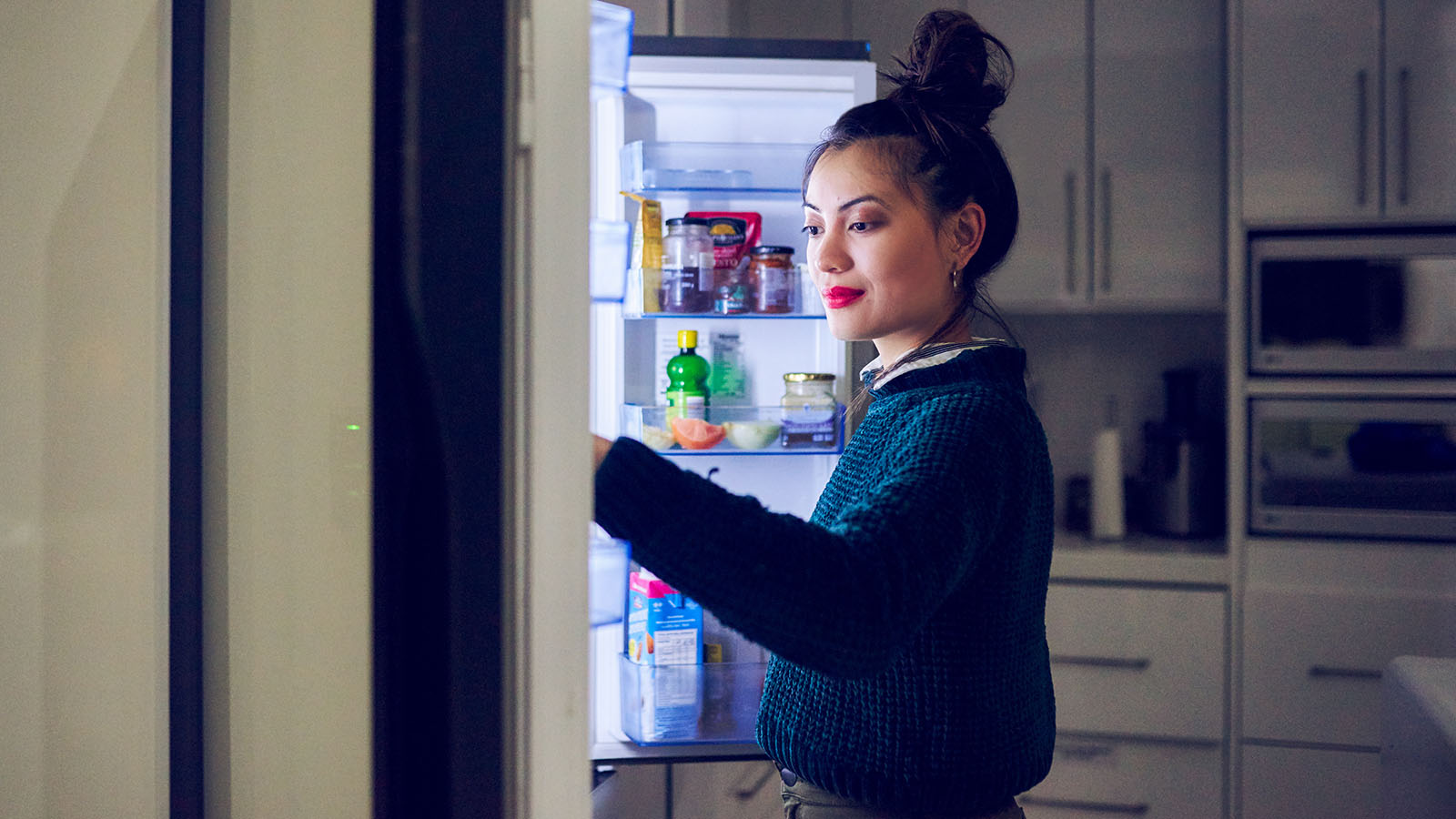
How to Curb Nighttime Snack Cravings

Is Your Daily Walk Making You Really Sore?

Focus on Mental Health Is Key Part of Andrew's Weight-Loss Journey

3 South Jersey Farmers Markets You Must Visit This Fall

Easy, Healthy Lunch Ideas for the Beach

5 Best Biking Trails In South Jersey

Why Coffee Makes You Poop: A Comprehensive Guide

4 Surprising Health Truths You Should Know

5 Light and Healthy Recipes Perfect for Spring

4 Ways to Stay Fit and Healthy on a Budget

How Do You Manage the Side Effects of Weight-Loss Medications?
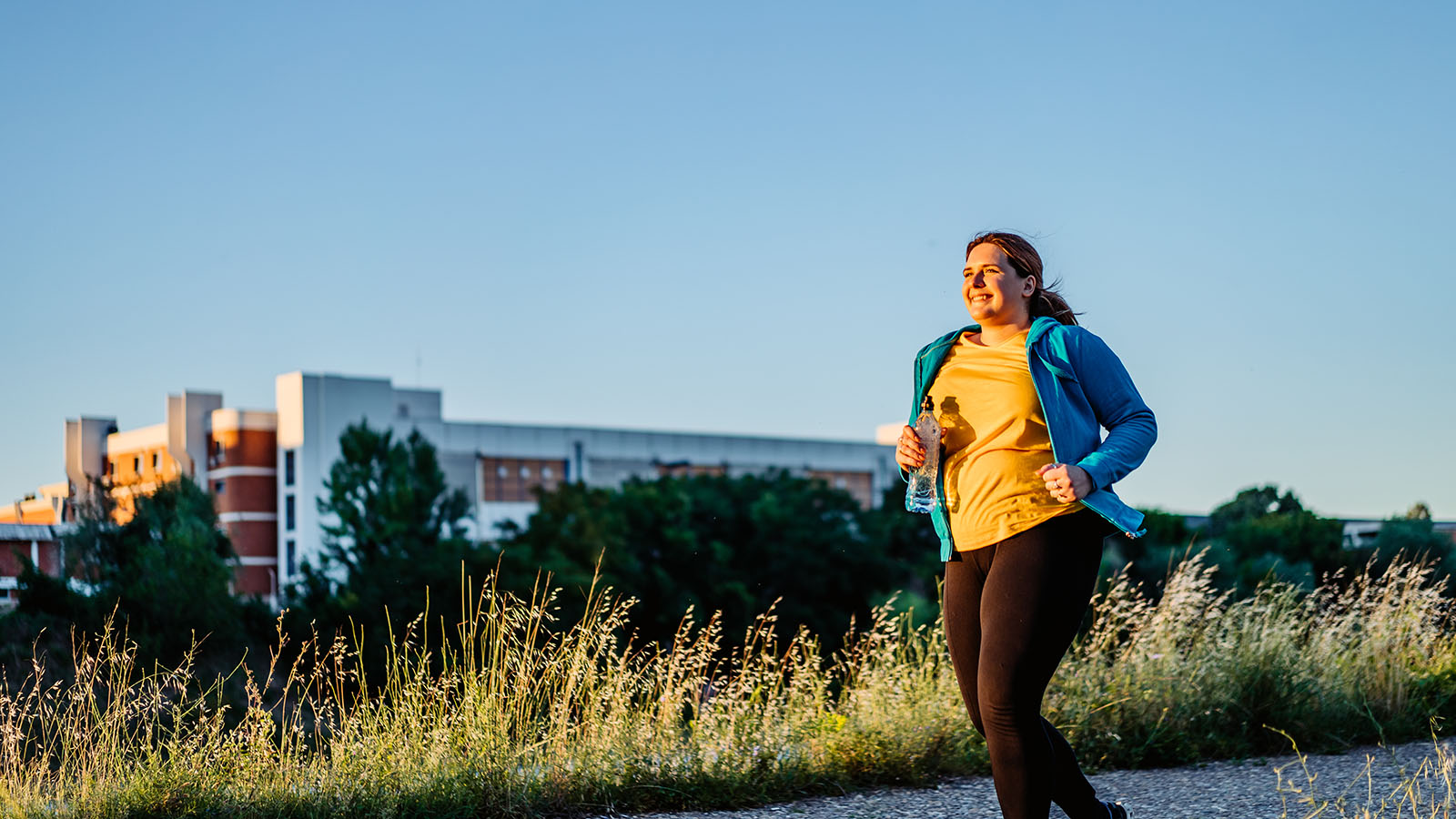
Which Weight-Loss Option is Best for Me?
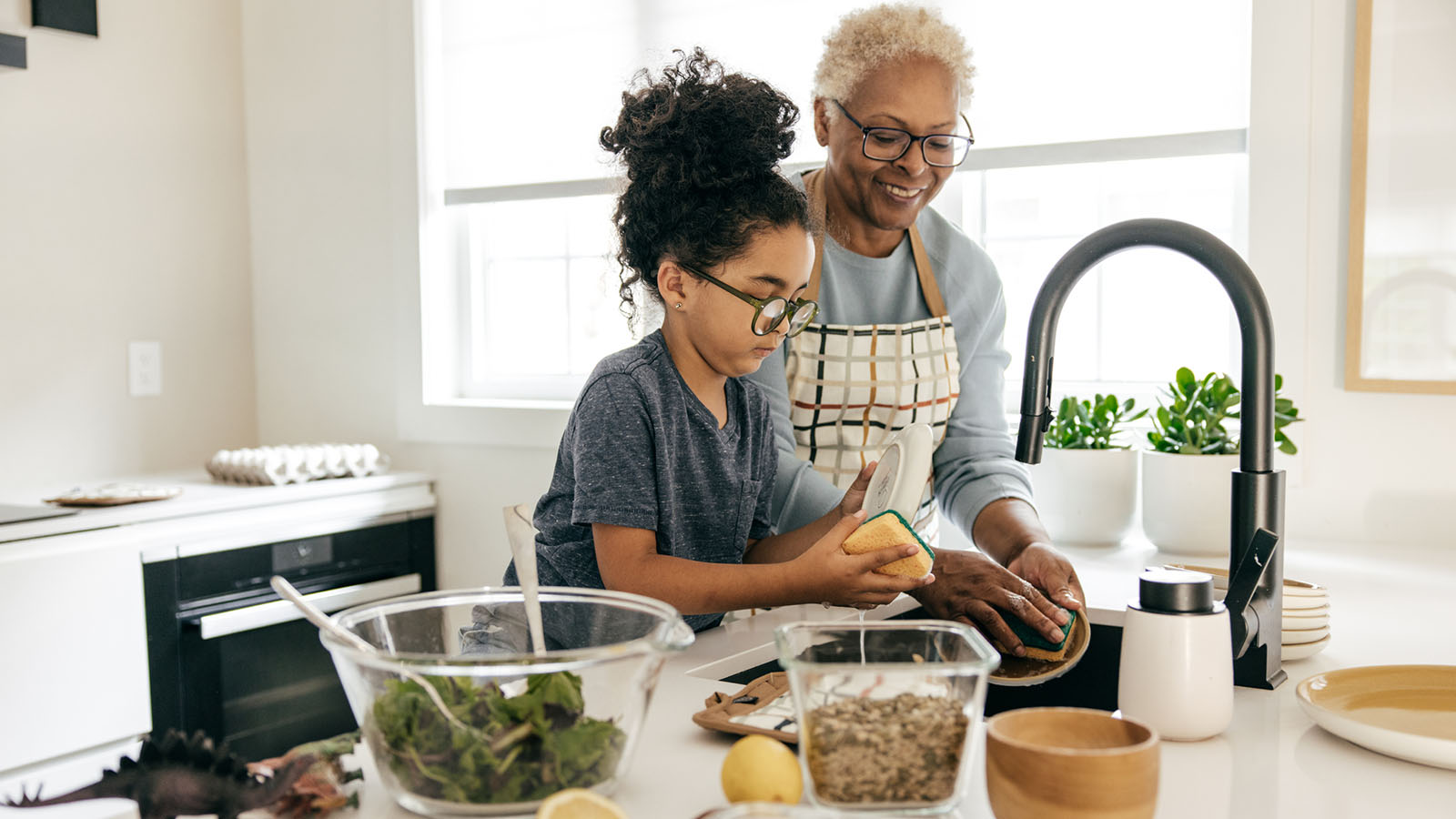
Best Foods for Kidney Health

What Causes Food Addiction And What Are The Signs

Your 10-Point Plan to Avoid Winter Weight Gain

Gut-Healthy Recipe: Turmeric Chicken With Asparagus
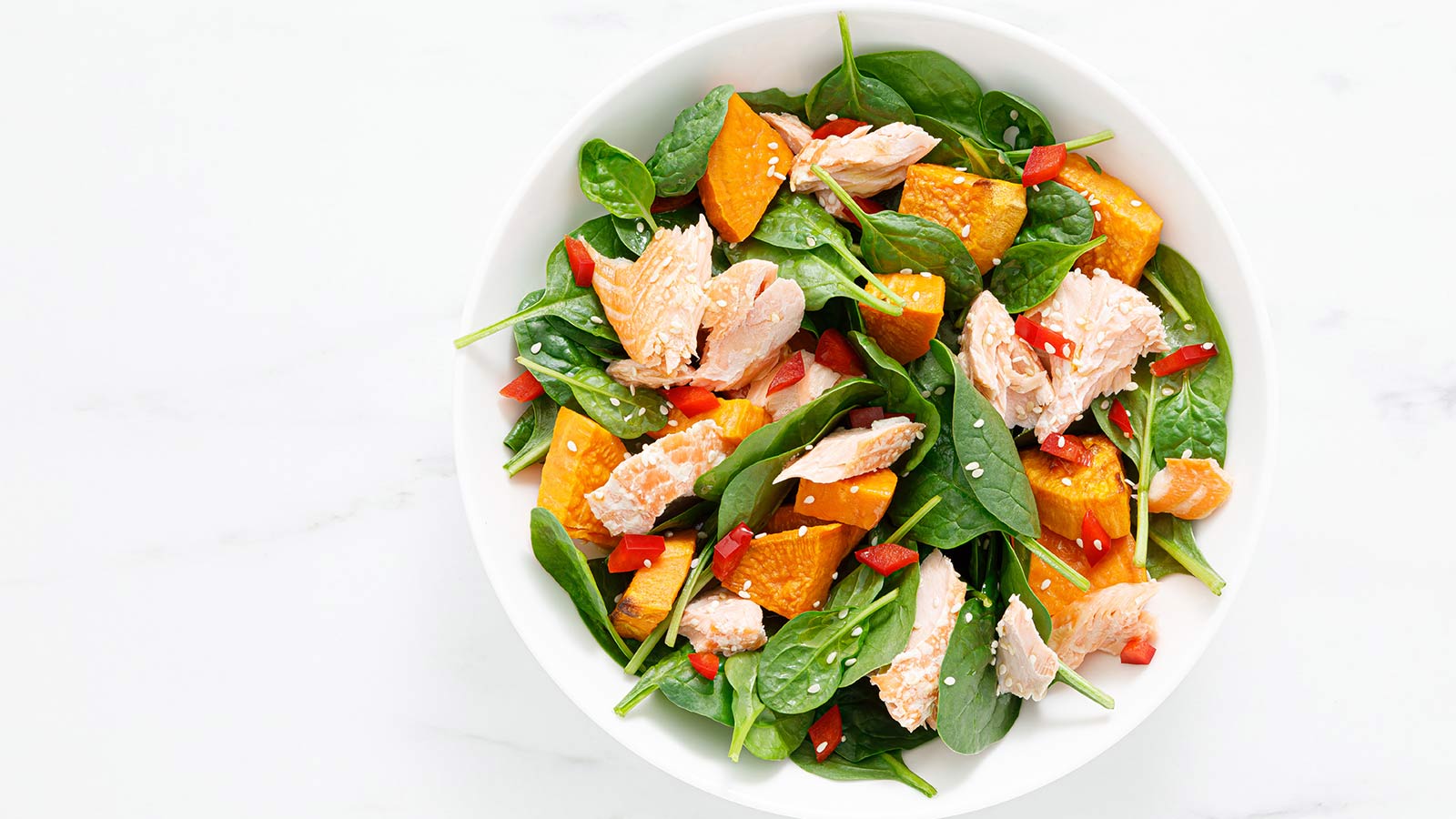
Gut Health Recipe: Chipotle Salmon and Sweet Potato Bowl

5 Back Stretches for the Work-From-Home Workweek

4 Easy Ways to Treat and Prevent Runner's Knee
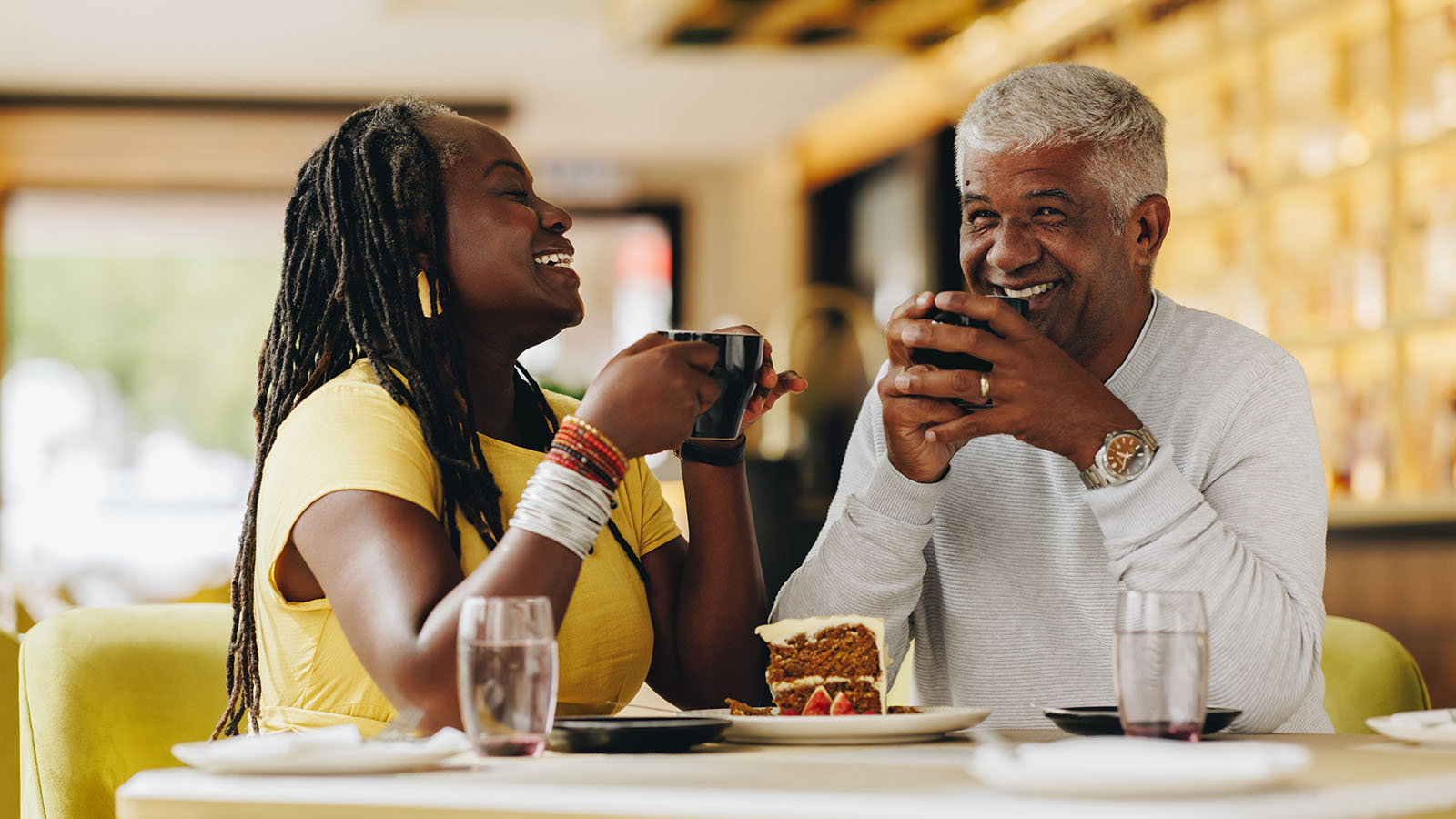
What is the 80/20 Diet Rule?
Working from Home? Take a Quick Break to Stretch Your Wrists
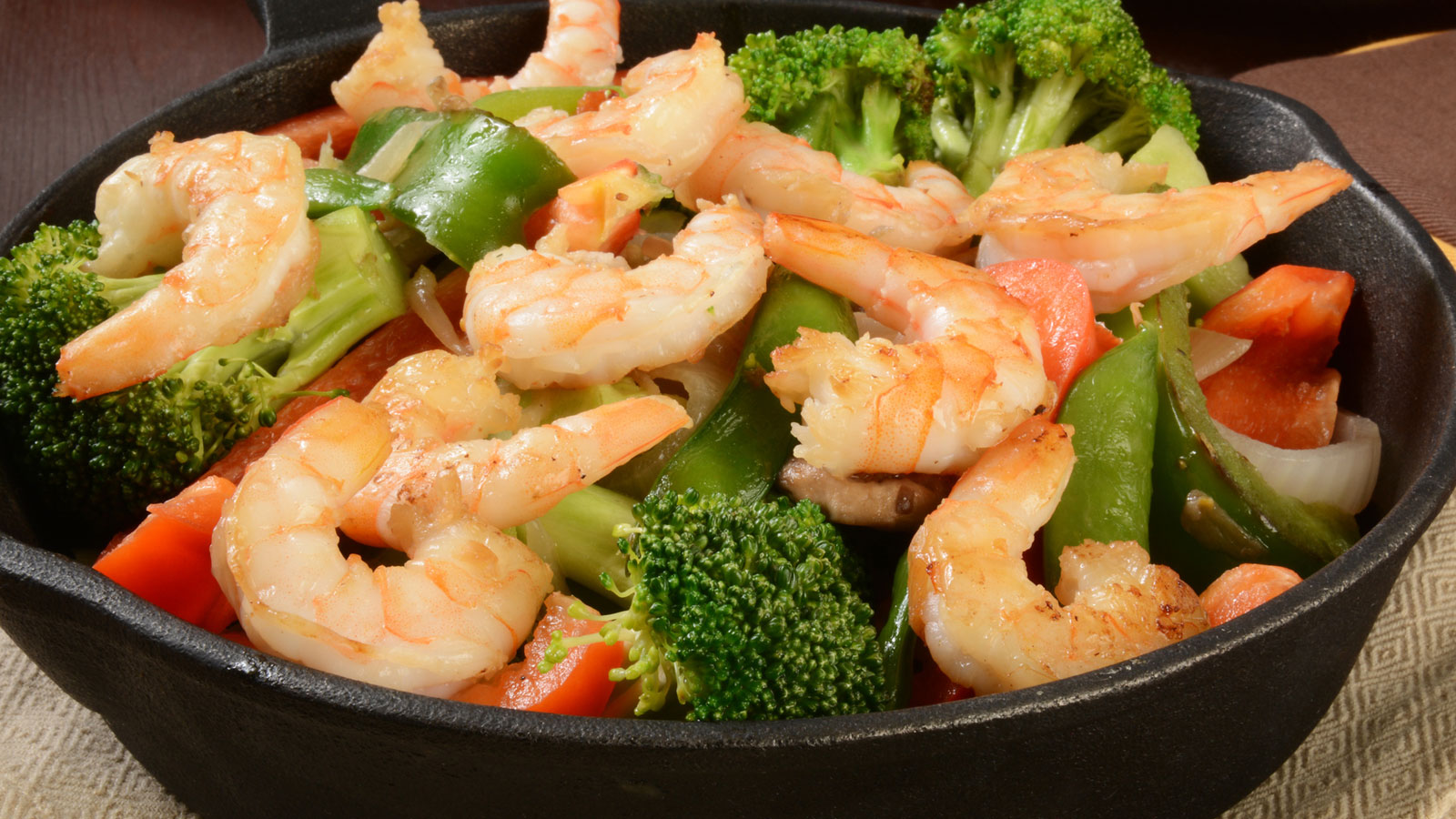
Gut-Health Recipe: Shrimp and Vegetable Stir Fry

Gut-Health Recipe: Berry Yogurt Parfait
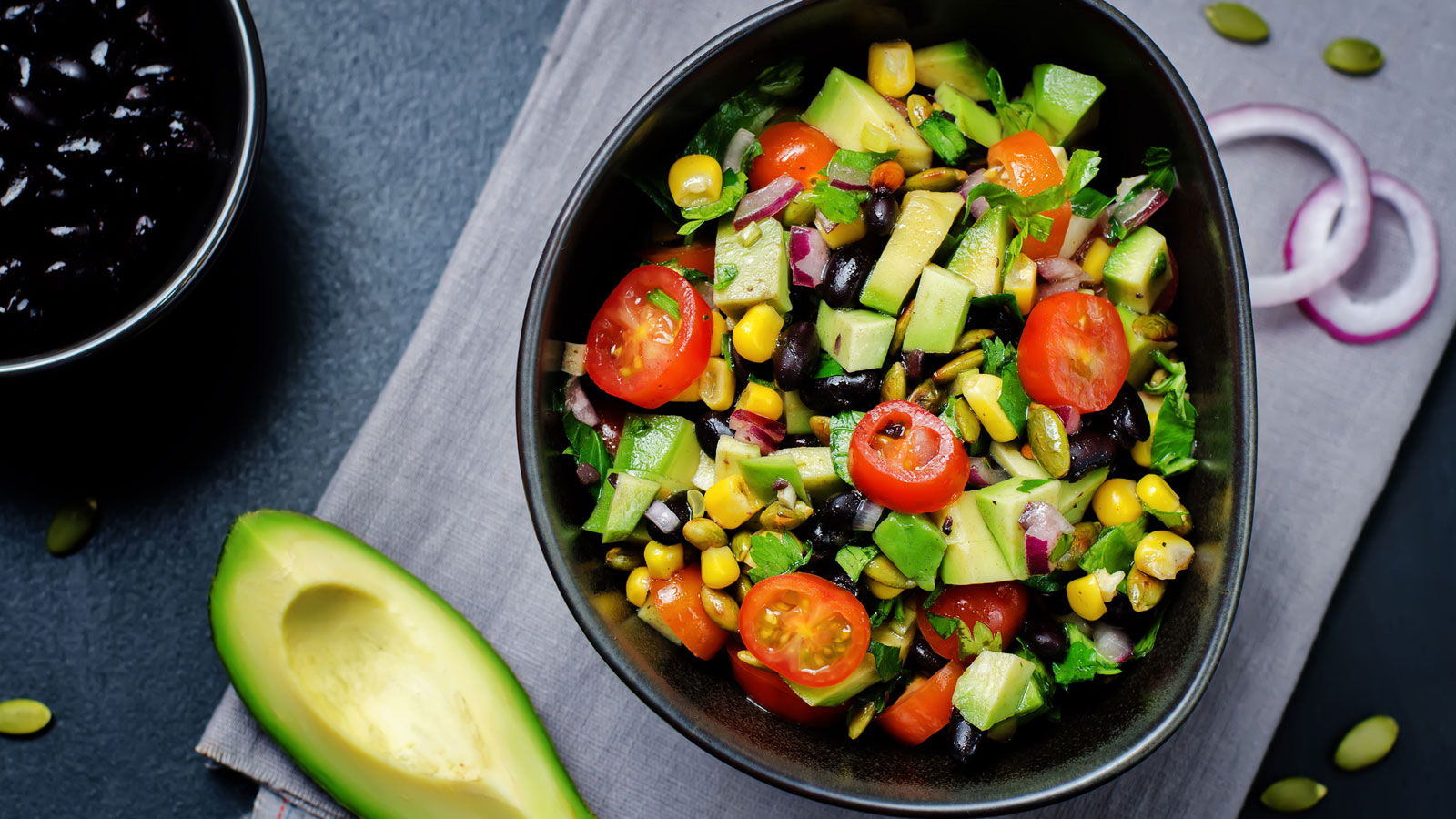
Gut-Health Recipe: Avocado and Black Bean Salad
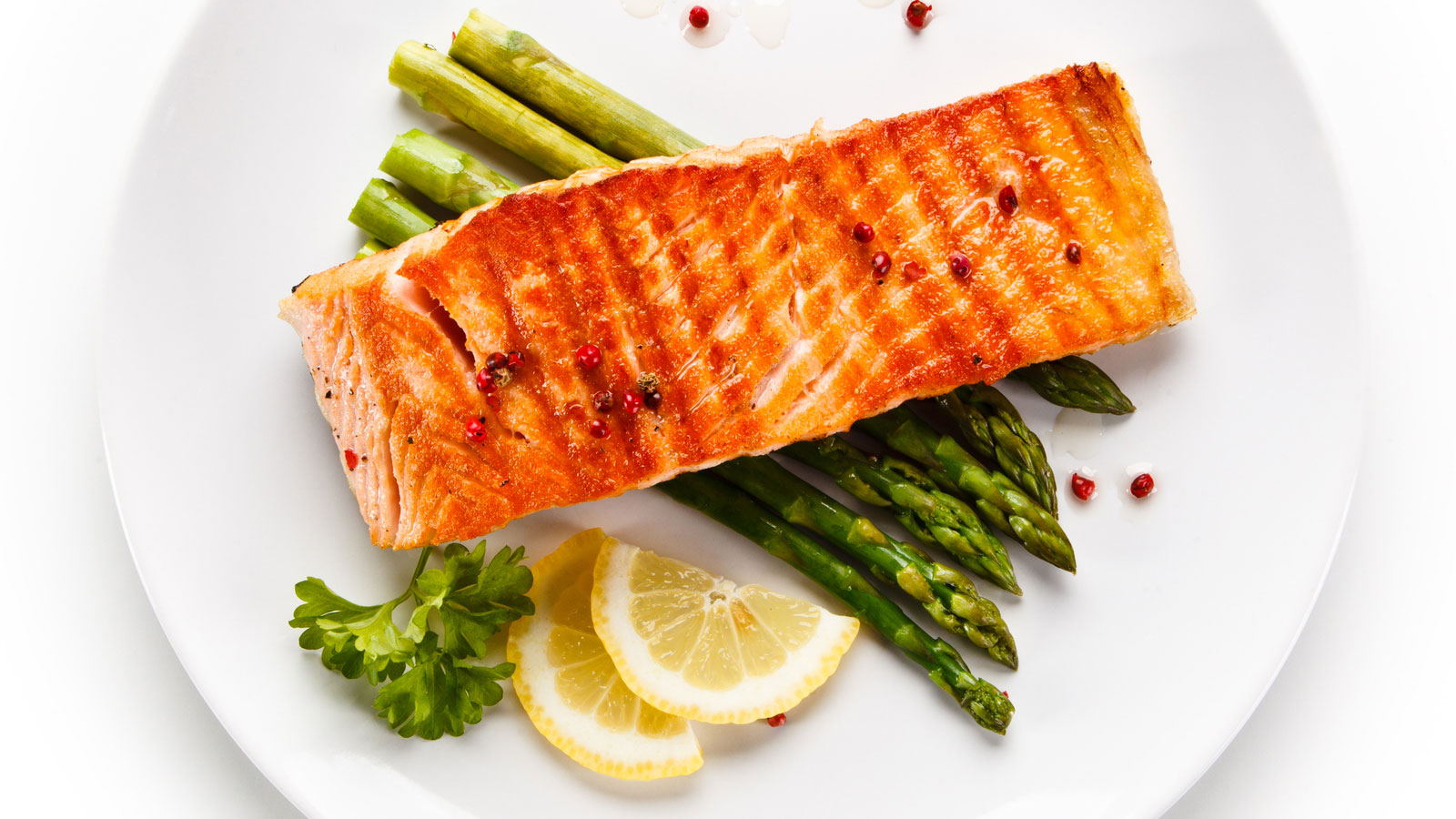
Air Fryer Salmon with Roasted Asparagus

Healthy Gameday Snacks: Buffalo Chicken Dip
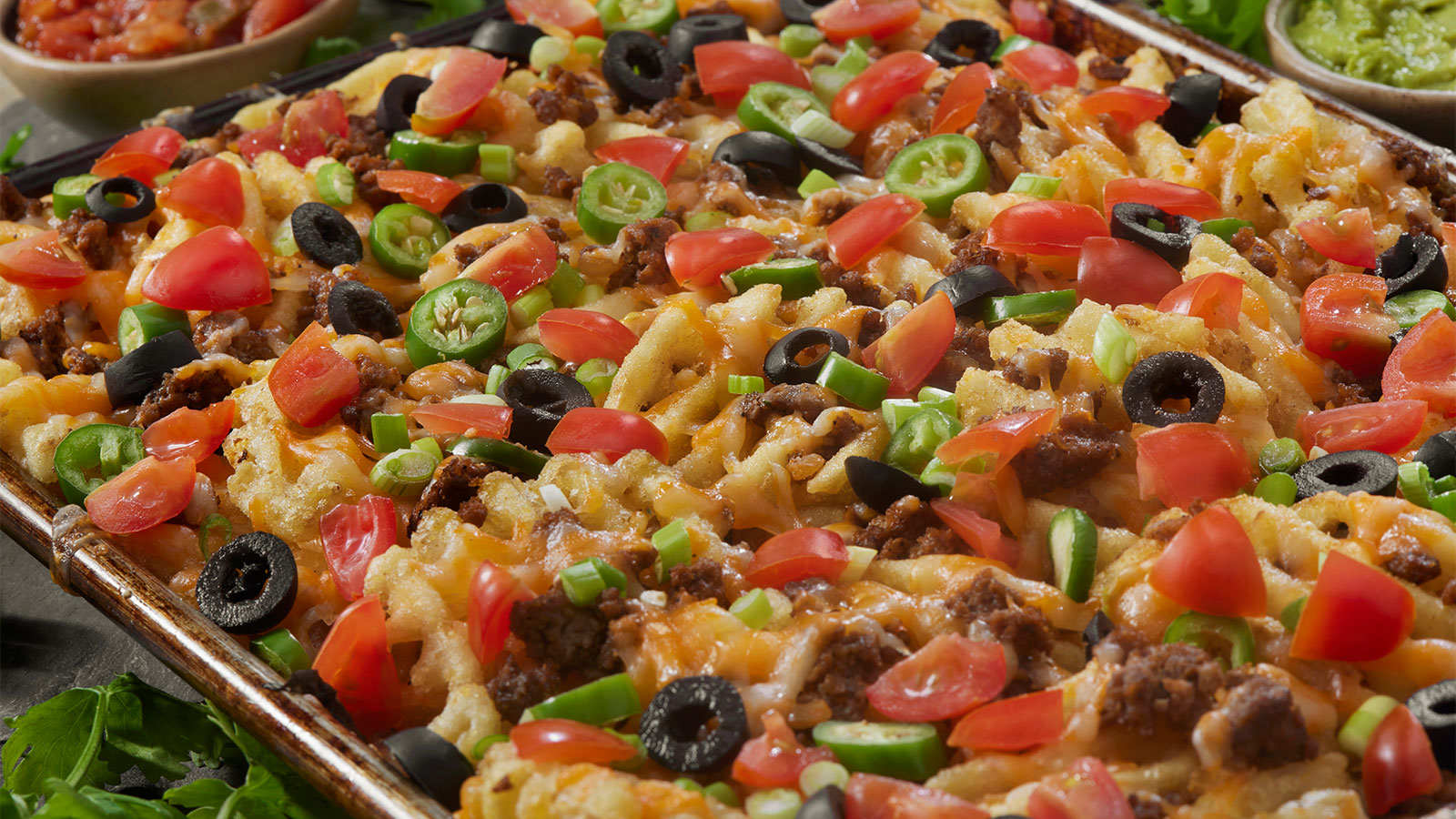
Healthy Gameday Snacks: Sheet Pan Nachos
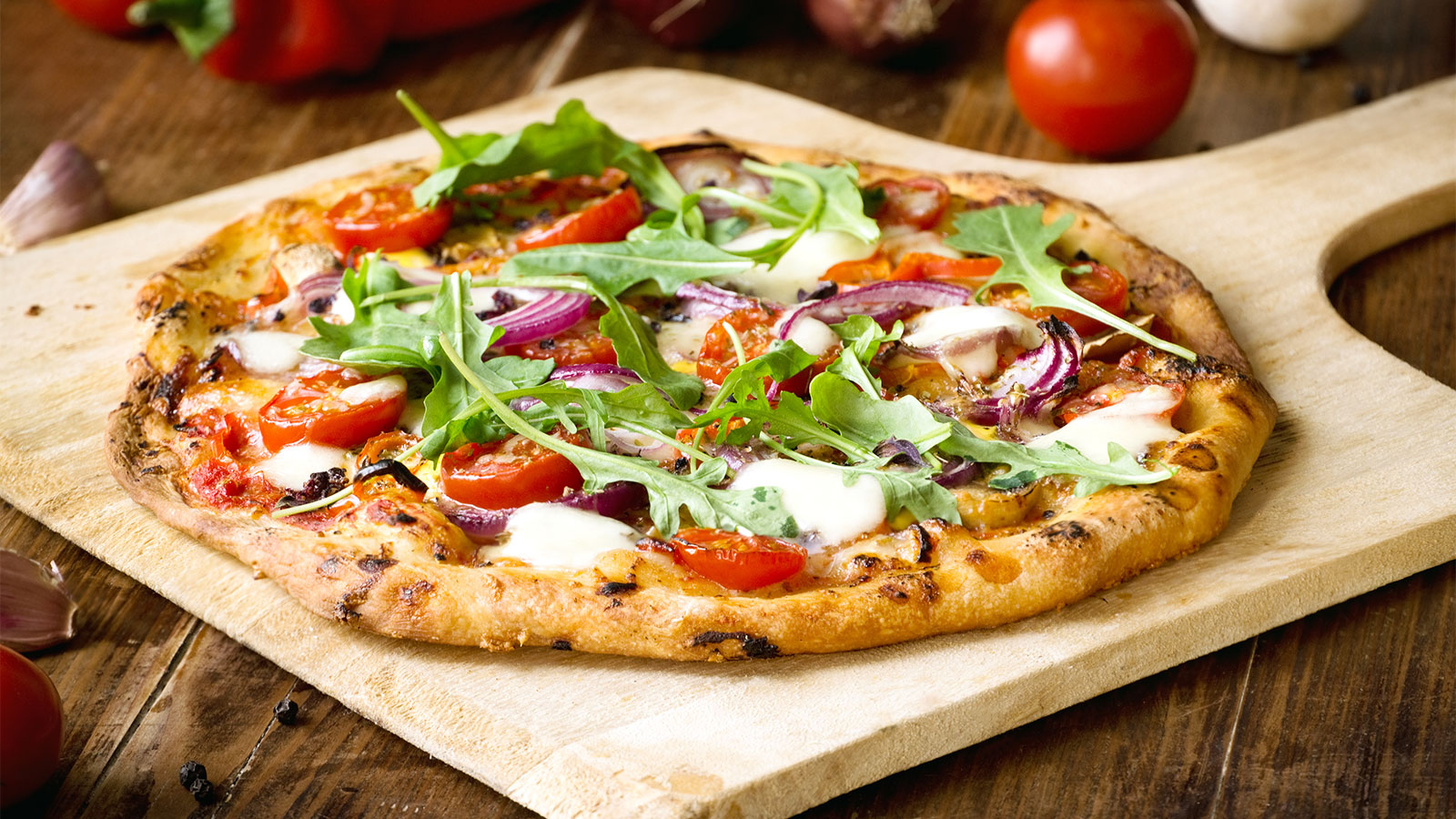
Healthy Gameday Snacks: Healthier Homemade Pizza
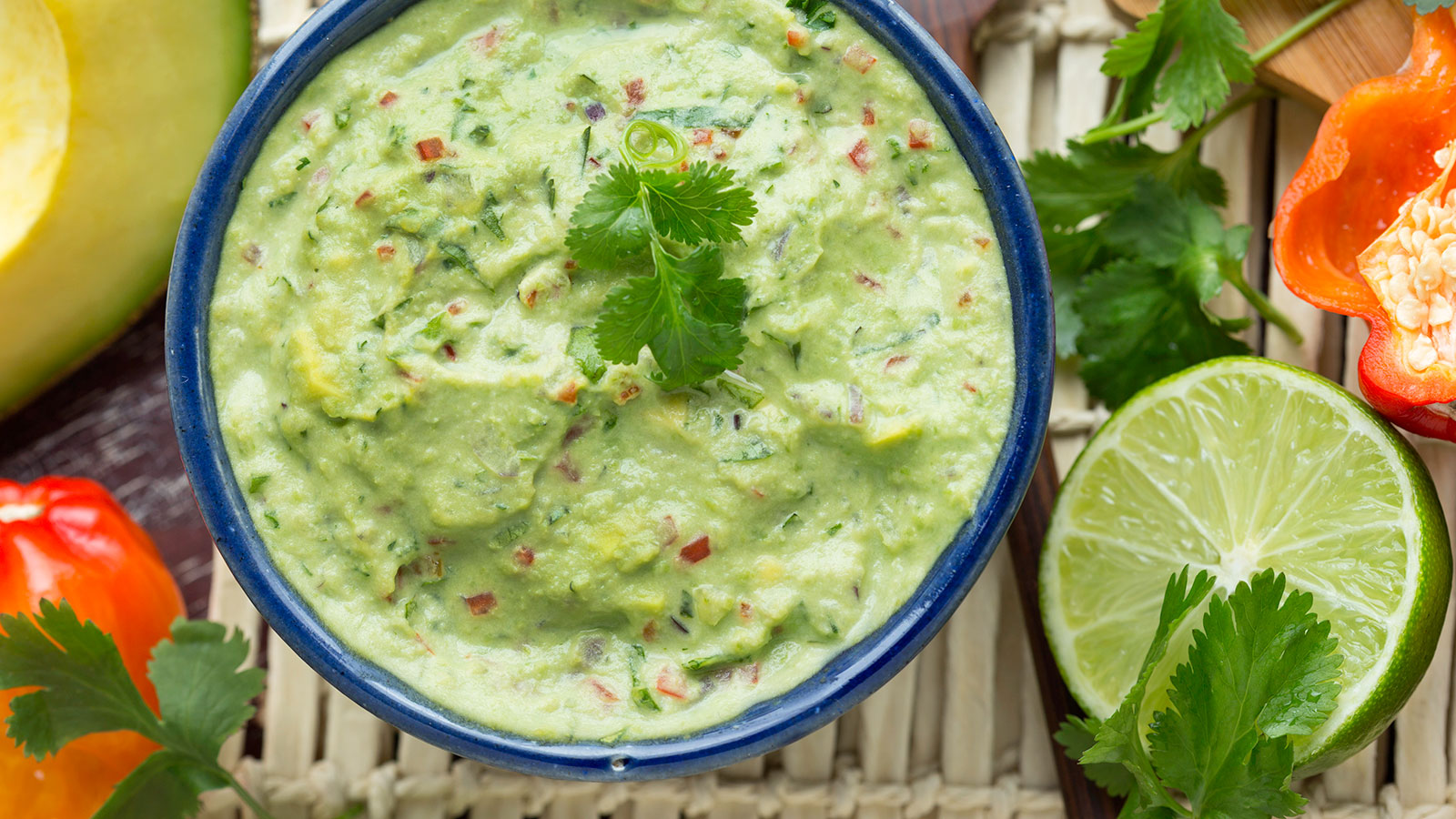
Healthy Gameday Snacks: Healthier Guacamole
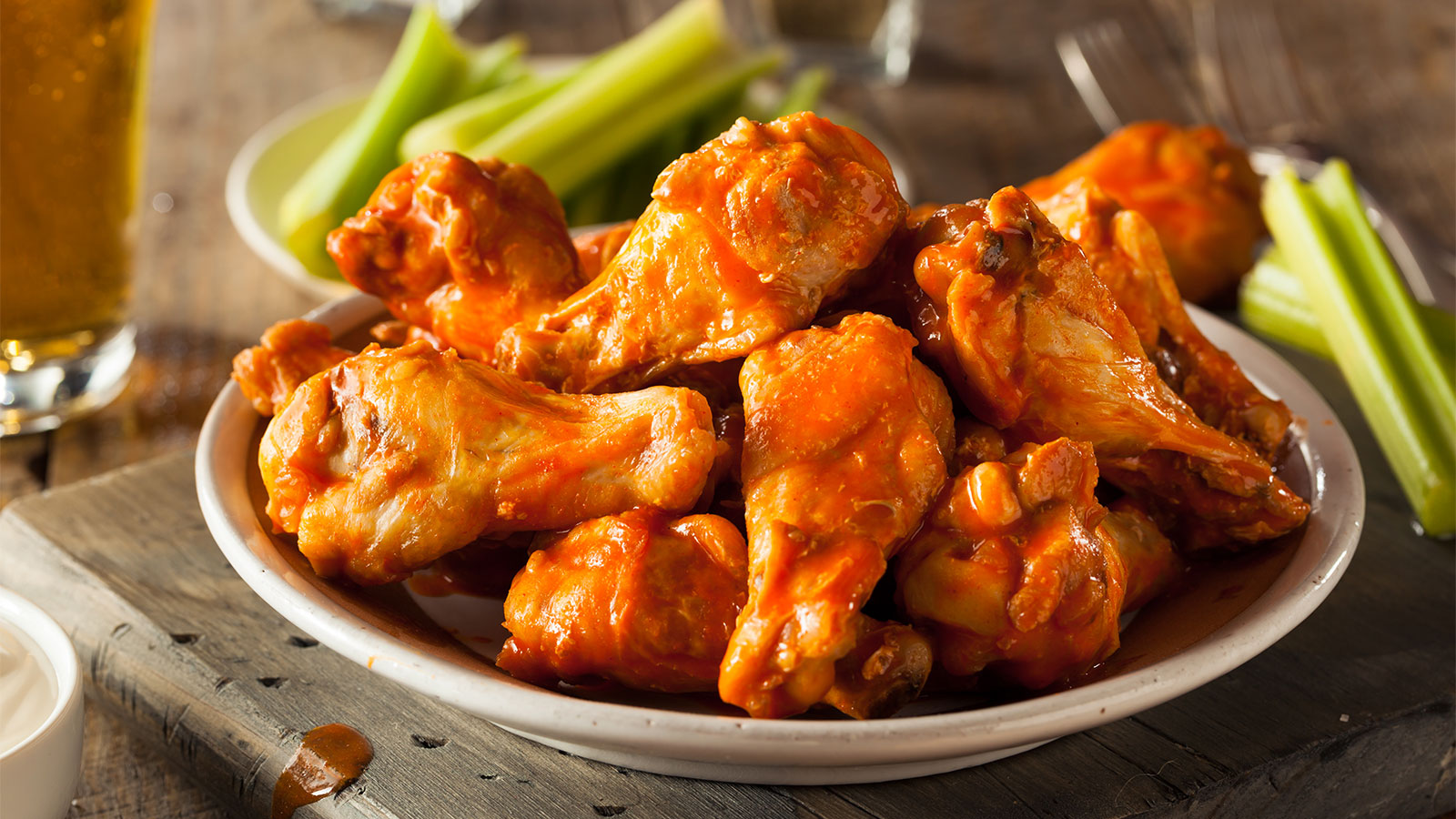
Healthy Gameday Snacks: Air Fryer Buffalo Wings

5 Delicious and Healthy Gameday Snacks

The Top 10 Foods For A Healthy Diabetes Diet
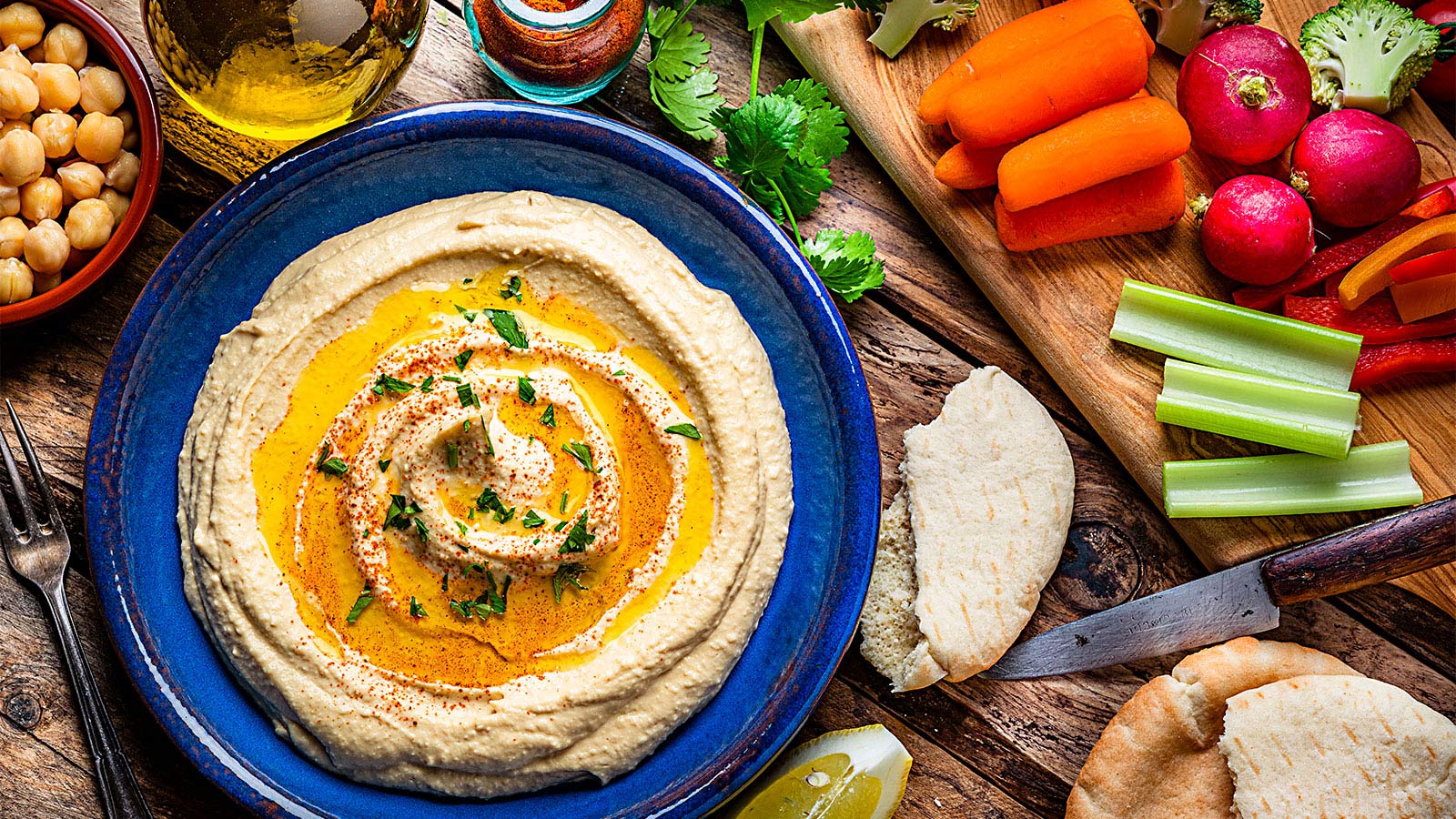
Heart-Healthy Summer Recipe: Hummus and Veggies

4 Delicious Heart-Healthy Recipes Perfect for Summer

Heart Healthy Summer Recipe: Dessert Parfait
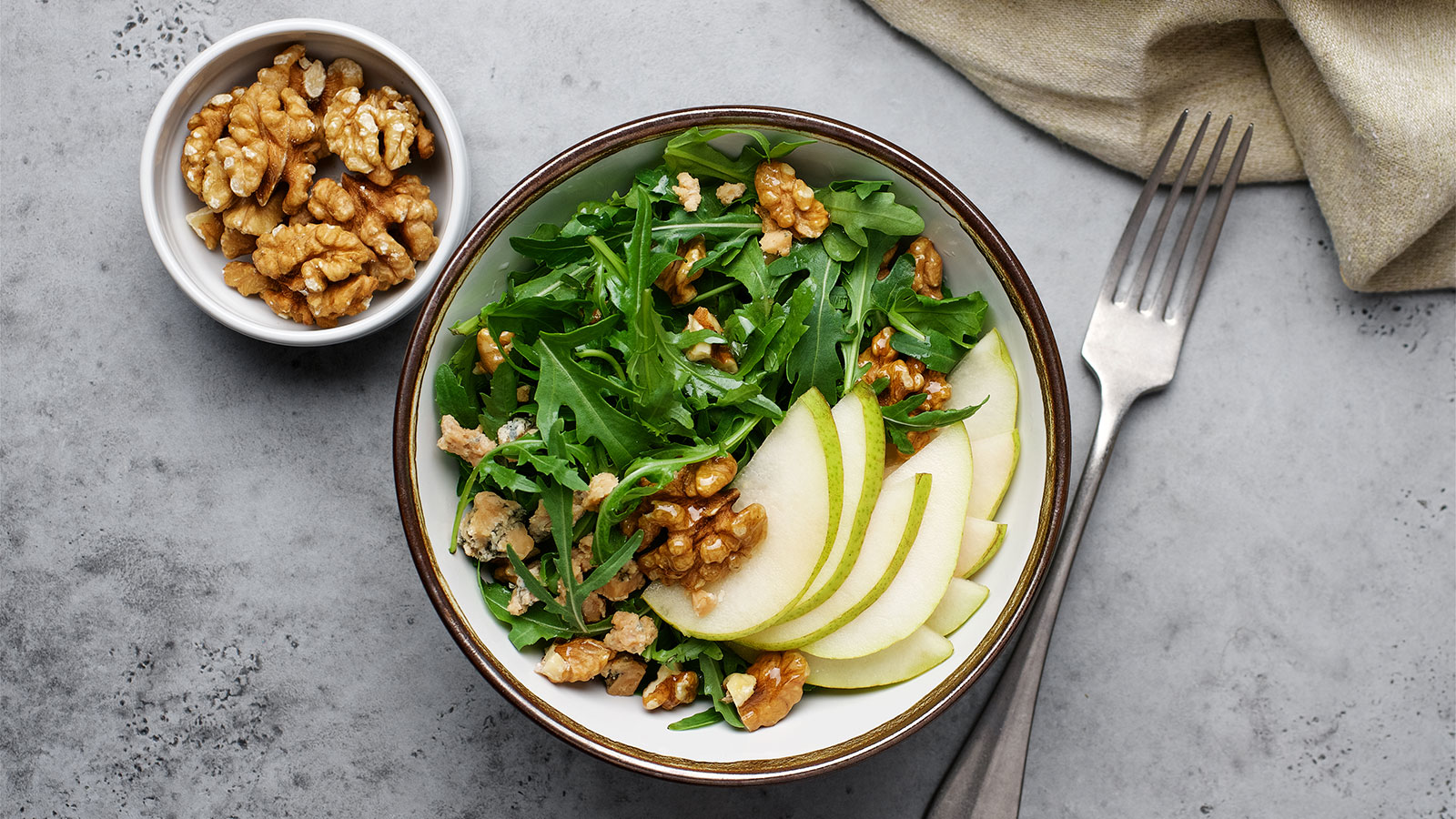
Heart-Healthy Summer Recipe: Pear and Walnut Salad
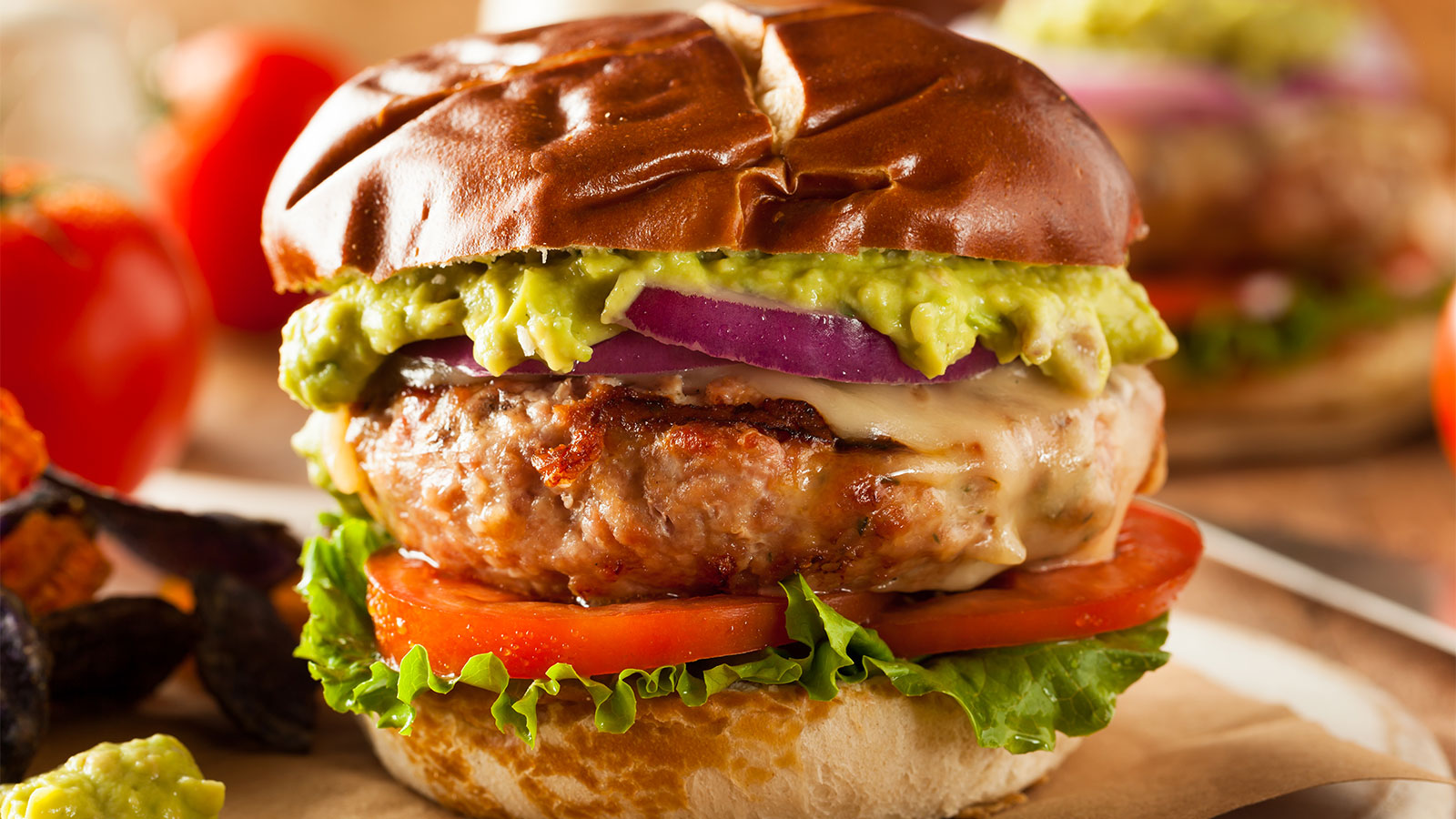
Heart-Healthy Summer Recipe: Terrific Turkey Burgers

Is This the Right Time in Your Life for Bariatric Surgery?

All for Bear: Dan Loses Weight to Be His Son’s Kidney Donor

Forget Dieting: Find Your Eating Pattern

